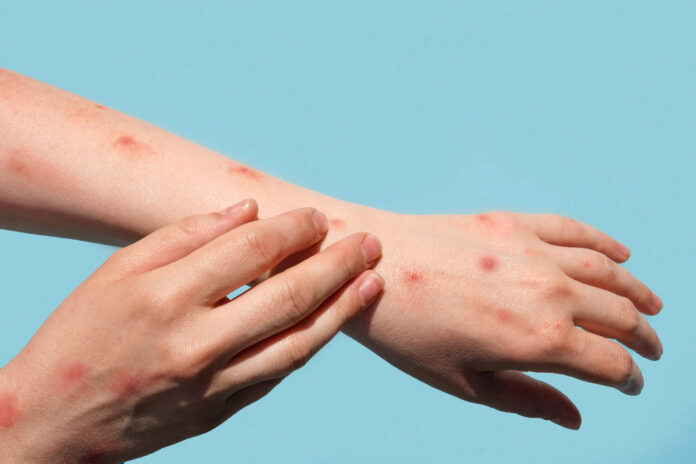The sad truth is that the monkeypox outbreak in the U.S. is worse than what is being reported by the government. The CDC has given conflicting information to various news outlets about how many tests it has conducted, and considering testing is a crucial factor in limiting spread of illnesses like monkeypox, such confusion among our top government health agency is worrisome. Not only is there confusion about the number of tests given, but the government’s vaccine rollout has been less than adequate. There are photos of people in New York City lined up for blocks to get vaccinated, with many having to be turned away. People are willing to get them, but the shots are simply not there.
PGN has reported extensively on monkeypox, including the symptoms, current state of spread, and how the media must avoid stigmatizing the illness and people who contract it. But there’s a human factor that sometimes gets left out of news reporting. What are our obligations to ourselves, and each other, to keep an illness like monkeypox from causing pain in our community?
The obvious obligation is that we should avoid spreading monkeypox to anybody. So, if you test positive for monkeypox, isolate at home. If you have common symptoms of monkeypox, get tested. And equally important is that if either of those two things happen, you need to tell everybody you had close contact with. It is not shameful to contract monkeypox. Getting a communicable disease is not a moral failing. (Gee, where have we heard this line of thinking before?) Of course, sometimes we can’t stop feeling what we feel, so If you do feel shame and are hesitant to tell people you have or may have monkeypox, you need to work through it and do what’s best not just for your health, but for your family members, friends, colleagues, and neighbors.
Another obligation we have is to be responsible about our health and the health of those we have close contact with. A primary mode of transmission of monkeypox is direct skin to skin contact with infectious rash, scabs, or body fluids. There are other modes of transmission, but let’s focus on skin to skin contact. If you have sex with somebody, you’ll inevitably have skin to skin contact. It’s not difficult, though some might find it unattractive, to talk about monkeypox (among other health concerns) before you have sex with someone. If you want to be responsible about your health and the health of others, you should talk about it with your potential partner. Be honest with them about how you have been feeling and tell them to be honest with you. If you think you might have monkeypox, don’t have sex. If you think your partner might have monkeypox, don’t have sex. The same goes for other communicable illnesses.
If you’ve had the conversation and all seems well, you can still do things to help inform you about your own and your partner’s health. Make sure you check your body and your partner’s body for anything unusual before you have sex. If something concerns you, ask about it. Don’t be afraid to ask; you’re doing it for the good of you both. The same should apply to your partner. If something concerns them, they should ask you about it.
It’s possible that the spread of monkeypox will get worse in the near future. If you’ve seen the videos of people with monkeypox sharing their stories, you hopefully understand it is not an illness to be taken lightly. It can be extremely painful. There’s a June 25 NPR article that is worth reading. It details one man’s experience with monkeypox symptoms including swollen lymph nodes and a growth inside his rectum that was so painful it interfered with his sleep. He kept trying to get tested, but doctors refused. This is the reality of monkeypox. The article also states that monkeypox may become a permanent problem.
Do your part to keep yourself and others around you safe. Have the awkward conversions. Monkeypox is not worth a fleeting moment of pleasure. It’s truly not.
